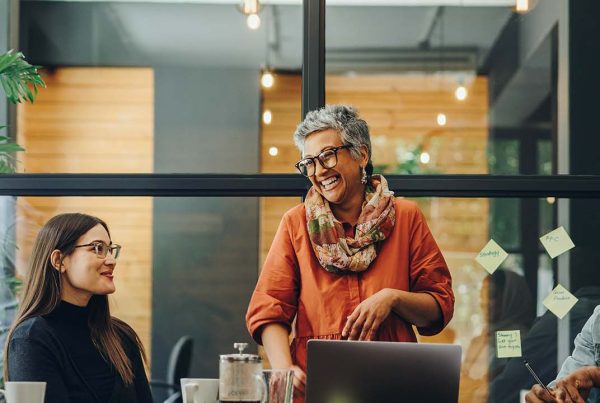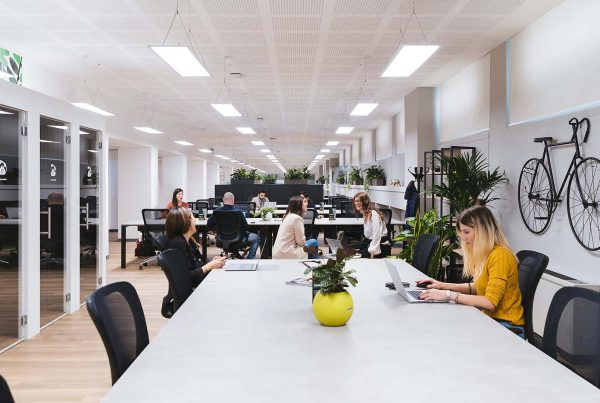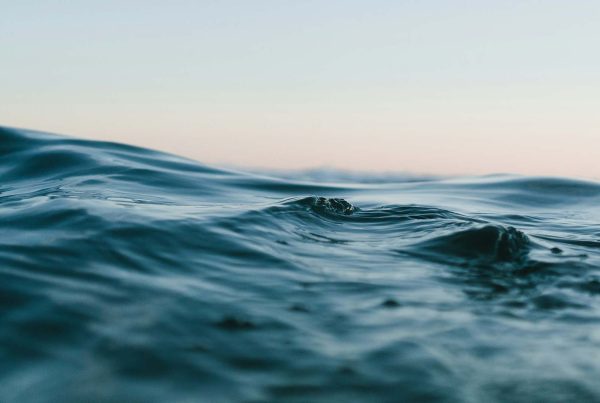Years have gone by since the heartbreaking news and images of refugees washed away on both sides of the Aegean Sea shook the world: the summer of 2015 will remain in collective memory as a symbol of the perilous journeys between Turkey and Greece… Six years on, although the human tragedy continues, it is no longer featured in the media of the western world. The number of foreign NGOs with refugee camps in Greece is at its lowest. In Leros, the last remaining European one, ECHO 100 PLUS, continues its activities despite Covid restrictions and other difficulties.
When I arrived from Paris in 2016, the island of Leros was still hosting more than a dozen foreign NGOs. However, the only organisation who ventured to welcome my proposal for starting a Film Workshop for young adults was ECHO… not surprising considering the wide range of activities the association’s center, the HUB, provides. At the HUB, residents were already registered in various activities and education programmes: language courses with certificates (English, French, German, Italian), computers and IT, creative writing, barbering workshops, film, philosophy, debate clubs, poetry, pottery, arts and crafts, music, percussion, sewing; all taught and guided by volunteers from all over the world, from China to the US, from South America to Africa, and of course from all over Europe. They also enjoy a wide range of sports in both the HUB facility as well as in the island’s public spaces.
Students of the Film workshop I founded and the creative writing class I taught were for most part following the classes in English after having completed their English language training at the Hub. The satisfaction of following these young innovative minds flourish in only a few months, to express themselves creatively, in both my classes is indescribable. To witness how artistic expression can help overcome part of the trauma of their recent past has always been the most rewarding experience as a volunteer/teacher. The analogy I can use is that of watching a cocoon’s change into a butterfly. Moreover, in the Film Workshop, refugees from sometimes conflicting backgrounds came together to create artistic work as onw. They learned to tame their differences by collective work, which will hopefully give them a useful head start in their future lives for peaceful coexistence in the European way of life. Last but not least, through art, they are no longer a random number in the system and regain their individual dignity.
In March 2020, just before the lockdown due to beginning of the Covid pandemic, there were 3000 refugees on the island, whereas the total capacity of Leros is 1000. The “extra” 2000 residents were forced to live outside of the Hotspot and allocated accommodation, having to endure harsh winter conditions and unacceptable hygienic conditions, without any sanitary/sewage and water supply. They depended on the goodwill of the ones inside the camp. ECHO stepped in to provide an extended water pipeline, thus opening several water outlets for those left out, as well as several garbage containers to overcome a potential hygienic catastrophe.
Since then, the Greek government has used the Covid pandemic to strengthen the pushbacks in the Aegean Sea and the number of new arrivals has decreased gradually over the months. Nonetheless, ECHO continued to be active even during lockdown through distribution: clothes, blankets, duvets, Covid kits containing soap, hand sanitizers and masks were regularly provided not only to refugees but also the entire Hotspot staff, including the medical team on site (overalls, gloves, sanitizers, shield and rapid tests).
Although it is easier just to contribute financially by donating to a cause one believes in, giving one’s time and effort through volunteering remains the backbone of any field work in NGO work throughout the world. Hence, without the enthusiasm of young (and less young!) volunteers, paired with the relentless commitment of the founders, the HUB and all other activities of ECHO 100 PLUS could not have come so far in time. ECHO is the last European NGO still active in Leros and the support it provides continues, come rain, come pandemic.
Define Gursoy
Defne Gursoy is a Turco-French journalist and writer living and working between Paris and the Greek island of Leros. She has worked as a programmer/journalist at Radio France Internationale and collaborated with many French and Turkish newspapers and magazines over the years. Besides her political journalism, she is also a Film critic who has been invited as a jury member at many festivals throughout the world and she has worked as a researcher at the Communications department of the Sorbonne University. Defne has written two books on the modern Turkish society and is currently in the process of completing her first fiction novel. As for her non-profit involvement, she has worked as a volunteer in associations and NGOs in France, Turkey and Greece, where she is currently helping Echo 100+ as a teacher and volunteer.



